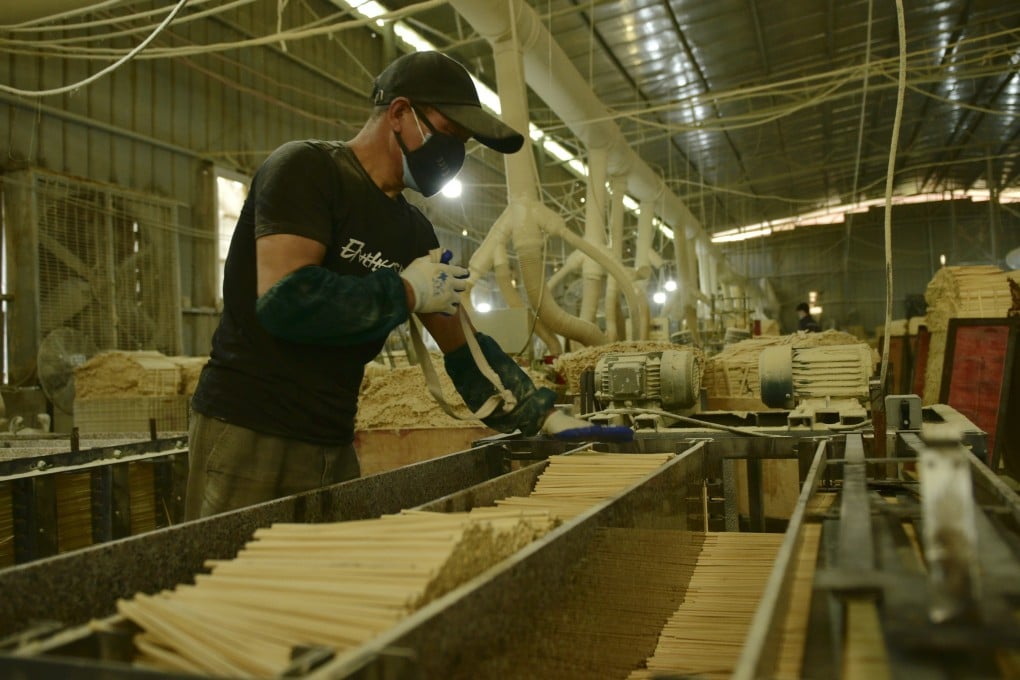Advertisement
China factory activity falls at slower pace, but Beijing needs to ‘pay attention’ to employment, logistics
- Caixin/Markit manufacturing purchasing managers’ index (PMI) rose to 48.1 in May from 46 in April
- On Tuesday, China’s official manufacturing PMI rose to 49.6 in May, up from 47.4 in April
Reading Time:2 minutes
Why you can trust SCMP

China’s factory activity shrank less sharply in May as coronavirus curbs eased and some production resumed, a private sector survey showed on Wednesday, improving from a 26-month low in April.
The Caixin/Markit manufacturing purchasing managers’ index (PMI) rose to 48.1 in May from 46 the previous month and was slightly above a Reuters poll of 48.
May’s contraction was the second-sharpest slump since February 2020, suggesting the recovery remains fragile.
Advertisement
The 50-point index mark separates growth from contraction on a monthly basis.
Surveyed firms tied the output drop to the impact of lingering pandemic-related restrictions on operations and subdued customer demand.
Advertisement
Advertisement
Select Voice
Select Speed
1.00x